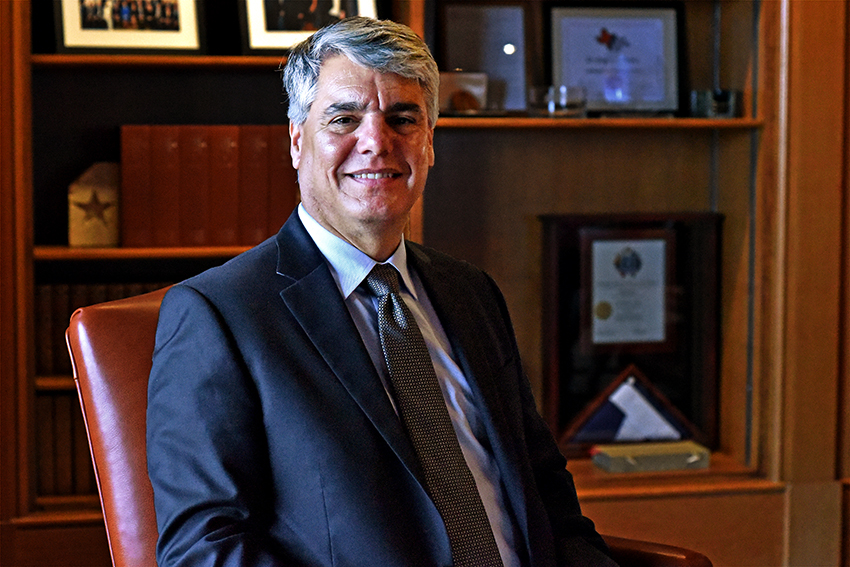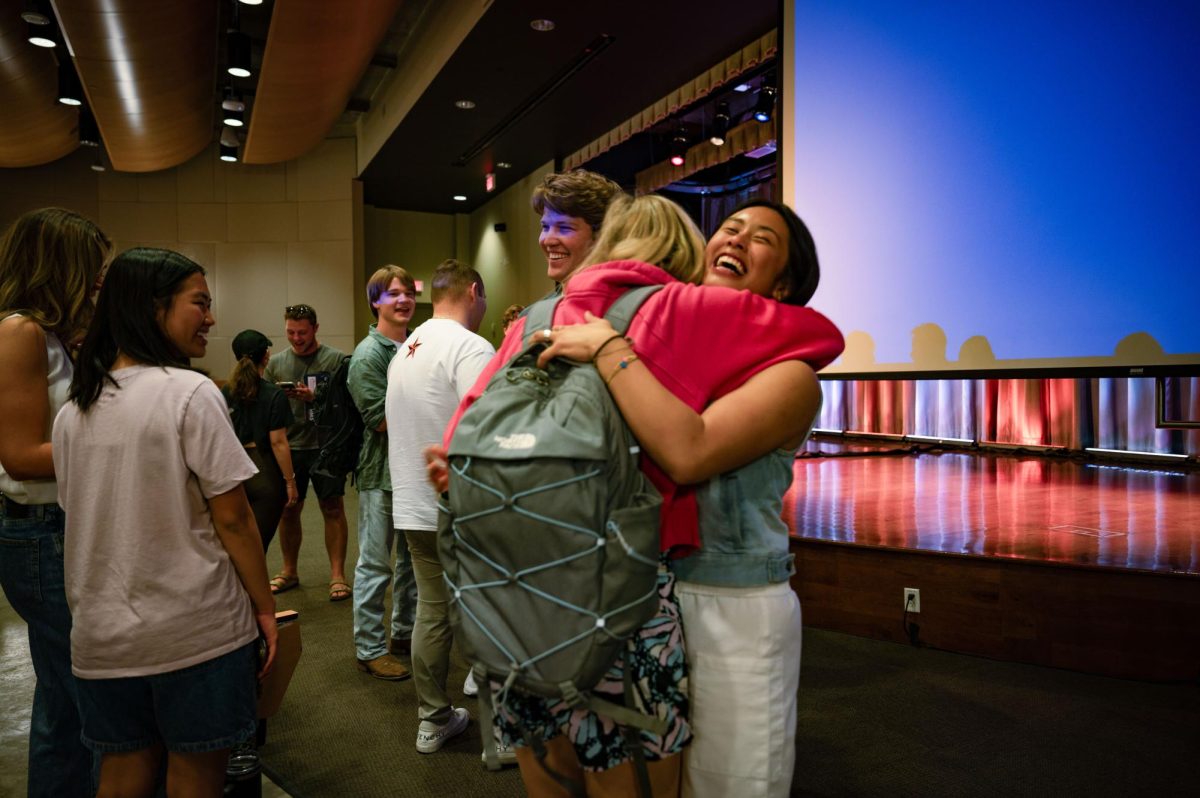It was 11 a.m. when UT President Gregory Fenves received the news about the discovery of a body in Waller Creek and the corresponding missing student report of Haruka Weiser.
“I got a text message that said ‘Call the office immediately,’ and by that time it was pretty clear it was highly likely that it was Haruka who they had been searching for,” Fenves said.
Since the initial discovery, a months-long investigation has ensued and the original suspect awaits a trial date in March.
“To me, as a parent of two daughters who have gone to and graduated from college and understanding that parents expect to send their children to UT thinking they’re going to be safe, it was very, very difficult,” Fenves said.
Since taking office in June 2015, Fenves has faced unique challenges seen by few presidents before him.
“Of all the things that happened last year, that — the loss of Haruka Weiser — was the hardest,” Fenves said. “That was one of the hardest days I’ve had as president, and it’s hard to imagine anything more difficult.”
Doug Dempster, dean of the College of Fine Arts, said the loss of Weiser was the worst possible event that could happen, and the school is still recovering.
“Many presidents don’t face those challenges their whole career,” Dempster said. “He’s done very well and managed to adjust and react to one issue after the other without making any serious errors.”
Fenves said one of the most important strategies as president is remaining open to the needs of all members of the UT community.
“People comes to these jobs and think it’s make decisions and give orders but you really have to listen,” Fenves said. “You can’t follow everybody’s advice and you can’t do what everybody wants, but at least you can listen.”
Jonathan Davis, president of the Black Graduate Student Association, said Fenves overall had a good first year, but hopes for more in the coming years.
Despite this, Davis said he is skeptical about the University administration’s willingness to transform conversations into effective policy and meaningful change.
“It appears that, for [campus carry and Haruka Weiser], the University has no problem acting effectively and expeditiously, at times even circumventing its established policies,” Davis said. “But for other matters, it is sluggish, and this is seen very readily by the student population. As such, I give President Fenves a B- for his first year of office, but I am optimistic for the future.”
Gary Susswein, UT chief communications officer, said the last year was very challenging for the University.
“I’ve been at the University for seven years, and this past year was unique in terms of the challenges the University has had to face,” Susswein said.
Fenves said the most important decision he made in his career was deciding to become a department chair of the engineering school at the University of California at Berkeley.
“We got a new dean of engineering, Richard Newton, and I had never seen a dean like that. He was very innovative and always wanting to try new things,” Fenves said. “We got along really well and he wanted me to be department chair, and that first decision was the most important one. Otherwise, I wouldn’t be doing what I was doing now.”
Newton passed away suddenly from pancreatic cancer in 2007. Fenves said Newton’s passing was difficult for him, because Newton was the one who got him on the career path that led him to being president of the University.
“We are an incredible University, a flagship university of Texas,” Fenves said. “We’ve accomplished a lot, but great is not good enough.”




















